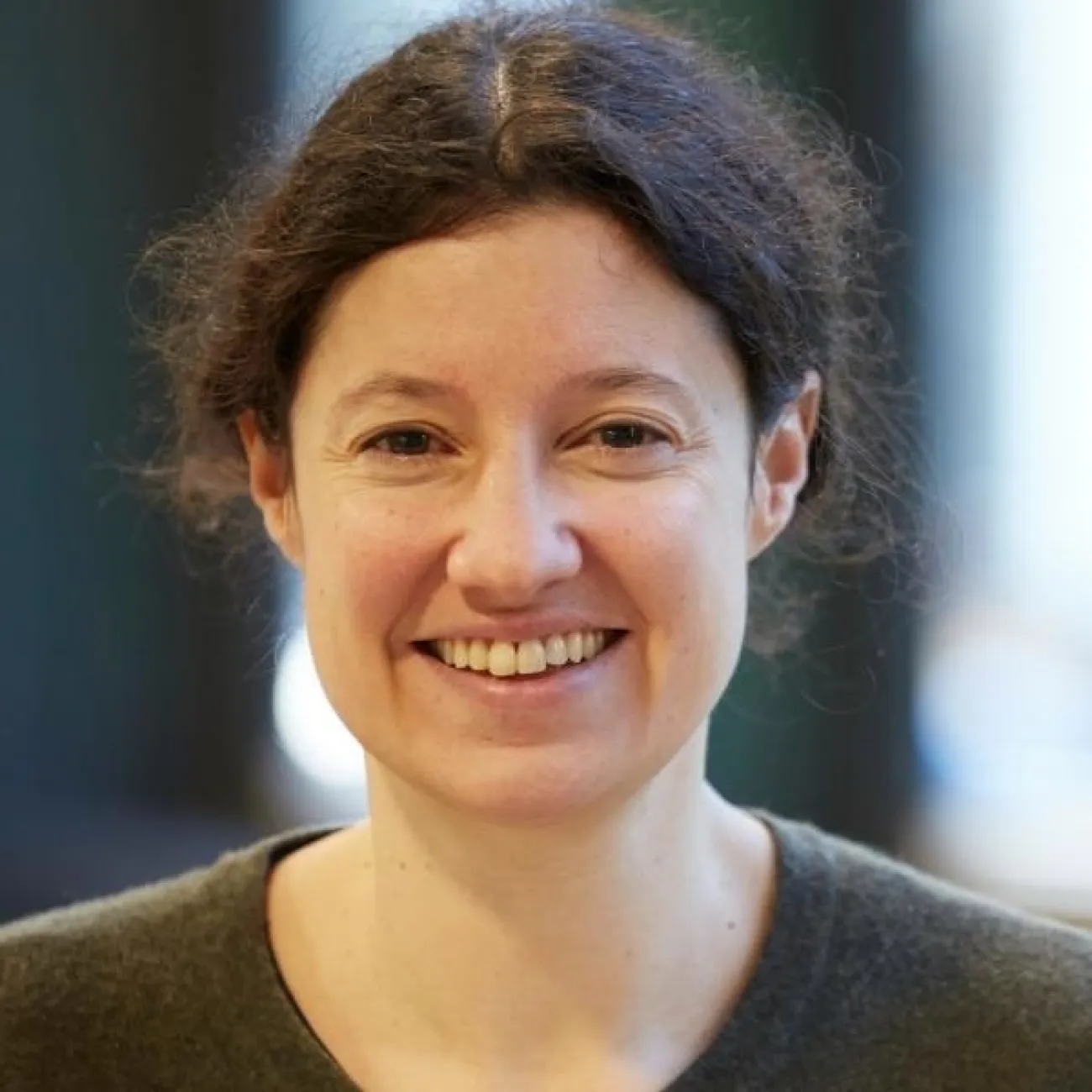About
Professor Annette Taylor’s research lies at the interface of Chemistry and Chemical Engineering, focusing on understanding and control of reactive chemical processes and bioinspired systems. She combines computational modelling with experiments involving nano- and micro-scale reactors to lab-scale flow systems with wide range applications in the sustainable production of materials, food and fuel. Annette has over 20 years’ experience teaching in higher education in the UK and also at international training schools. She has contributed to numerous educational and outreach projects related to mathematical modelling and nature-inspired systems in STEM.
Research
Research groups
Research interests
- Complex chemical and biochemical systems
- Reaction kinetics and autocatalysis
- Flow reactors
- Modelling
- Multiphase and soft matter reactive systems
Current research
Prof Annette Taylor’s research involves the design and optimisation of chemical and biochemical processes. She is particularly interested in catalytic reaction networks in aqueous phase or soft matter systems, and the control of dynamics in cellular biological or bioinspired systems. Taking inspiration from nature or the use of natural components allows us to design functional materials and processes that are greener or more sustainable, but also harness the unique properties arising from feedback in natural systems including collective behaviour (e.g. quorum sensing in bacteria) and self-organisation. Applications include bioreactors for food or fuel, plastics recycling, hydrogels, drug delivery and sensing in healthcare.
Some current projects include:
- Enzyme loaded colloids or vesicles for biotechnology and healthcare applications with Dr Rossi (Siena) and Prof Beales (Leeds) funded by Leverhulme
- Screening biocatalytic reactions in microfluidics for design of sustainable chemical processes as part of the EU Horizon funded project - TACSY - Training Alliance in Computational Systems Chemistry with a team across Europe
- New methods for the bio-catalytic control of gelation for natural adhesives and repair with Prof Pojman and team (Louisianna State University)
- Bio-based and degradable material processing: Optimising plastics degradation for recycling and lignocellulose processing for bioethanol production
- Engineering applications of biomineralisation and bioreactors with Dr Karunakaran and team (Sheffield)
Research projects
Active projects
Publications
Pagination
- 1
- 2
- 3
- 4
- 5
- …
-
Next page
Next
Teaching
Annette is a Fellow of the Higher Education Academy and has designed and delivered a wide range of teaching activities in Chemical Engineering, including Chemical Engineering Thermodynamics, Reaction Engineering, Modelling and Process Design. She has supervised over 50 Master’s students research projects in Engineering.
She also led modules in Physical Chemistry and was a member of the Higher Education Academy (HEA) Maths for Chemistry special interest group. She has lectured at international training schools including Systems Chemistry training schools in Vienna (Austria), 2016 and Jena (Germany) 2015; and Functional Molecular Systems (FMS) Academy masterclass lecturer (Gravitation Program – Netherlands).
Biography
Professor Annette Taylor obtained her PhD in nonlinear dynamics in chemical systems in 1999 from the University of Leeds. She took a position as lecturer in Physical Chemistry at University of Leeds in 2001, and was later RCUK Fellow, then Senior Lecturer before moving to Chemical and Biological Engineering at the University of Sheffield in 2014. She joined the School of Chemistry and Chemical Engineering at the University of Southampton as Professor of Reaction Engineering in 2024.
Her research involves complex chemical/biochemical systems and she has held research grants of > £13M from EU Horizon 2020, EPSRC, COST, Leverhulme, Innovate UK and Nuffield Foundation. She is widely published, including in leading journals such as Science and PRL, and has written News and Views articles for Nature and Nature Chemistry. She was a member of the management committee of the COST action on Emergence and Evolution in Complex Chemical Systems and a Member of the Editorial Advisory Board for Chaos: An Interdisciplinary Journal of Nonlinear Science (AIP) and Advisory Board for Reaction Chemistry and Engineering (RSC).
She has been actively involved in public engagement and outreach, promoting “nature-inspired science and engineering”, including taking part in activities such as Festival of the Mind at Sheffield, public lectures – eg Science Café, and developing workshops for school children such as “Science of superheros” funded by EPSRC. She is also deeply committed to Equality, Diversity and Inclusion (EDI) activities in STEM, and led a number of initiatives related to staff well-being and inclusion, as well as successful silver Athena Swan applications in 2017 and 2021.
